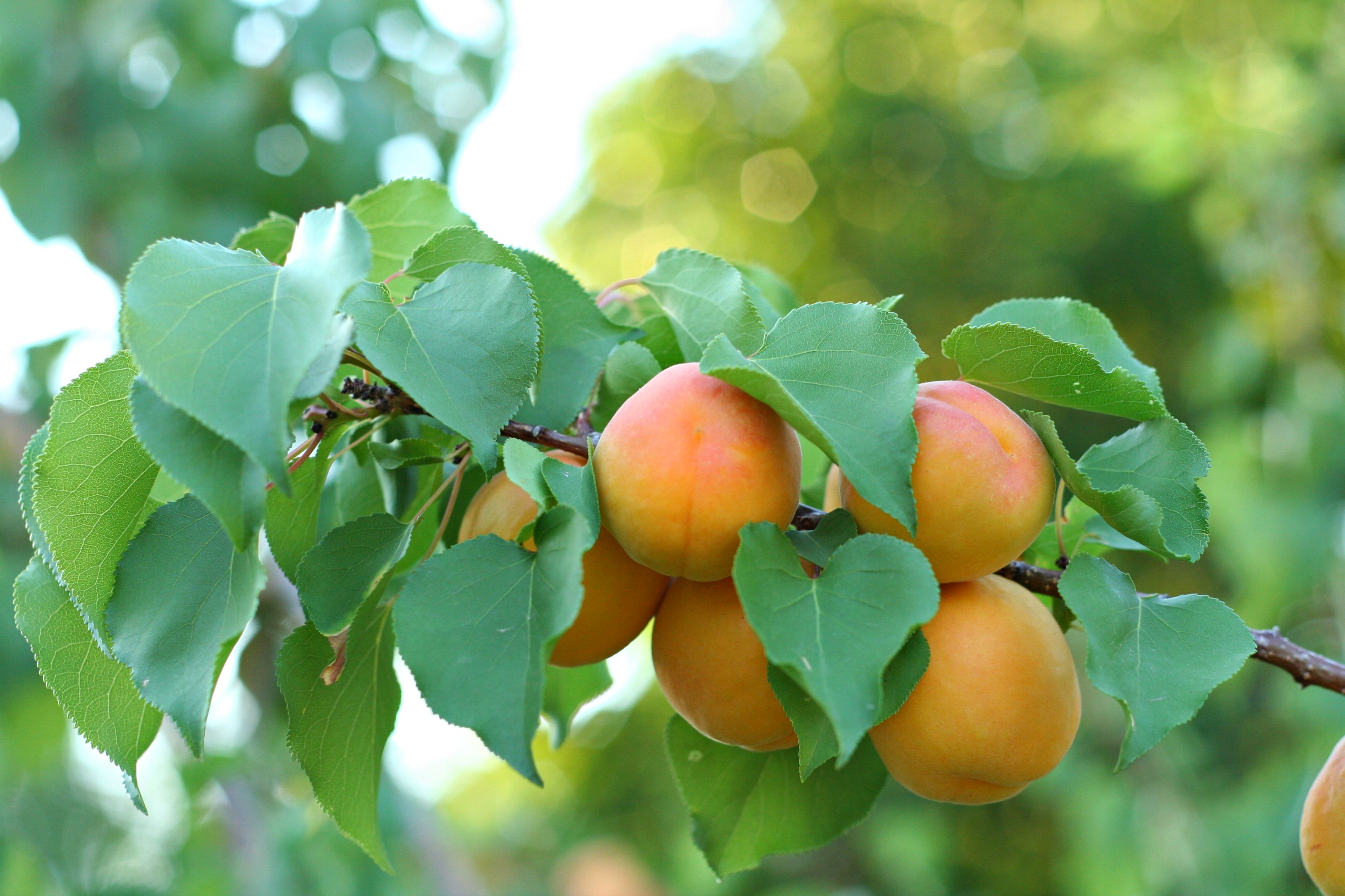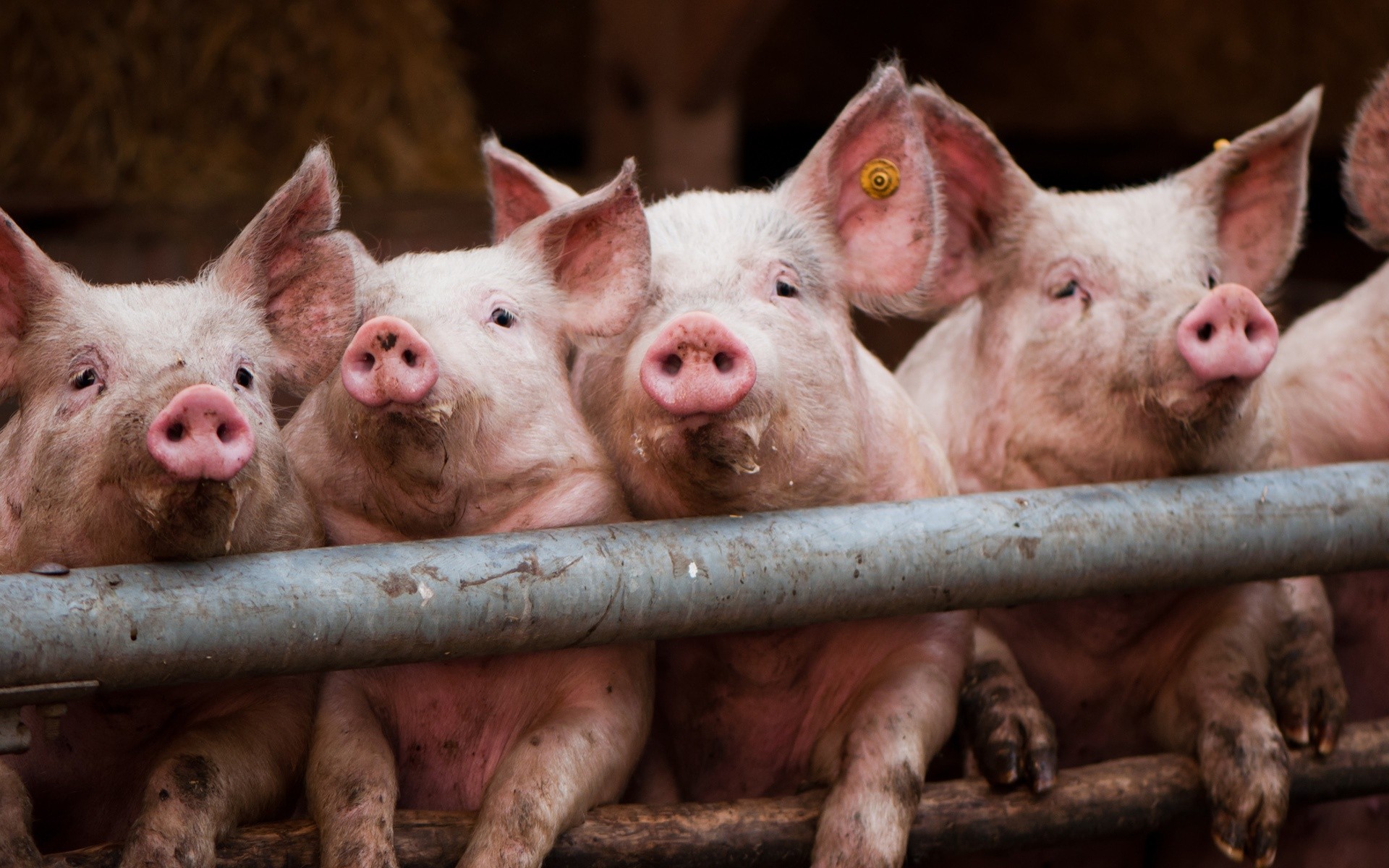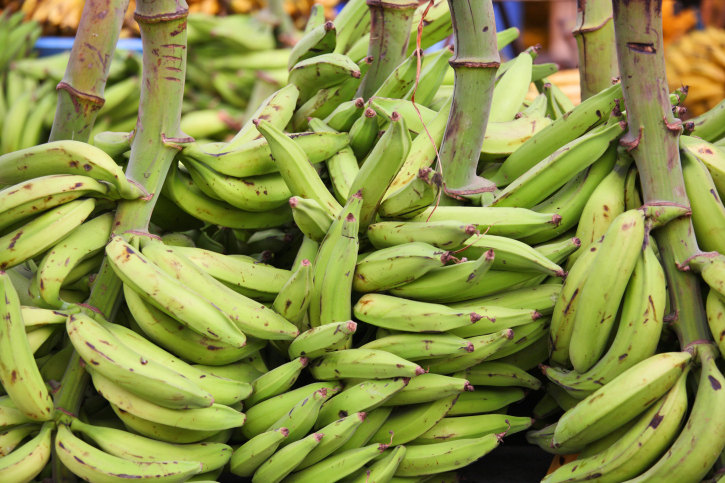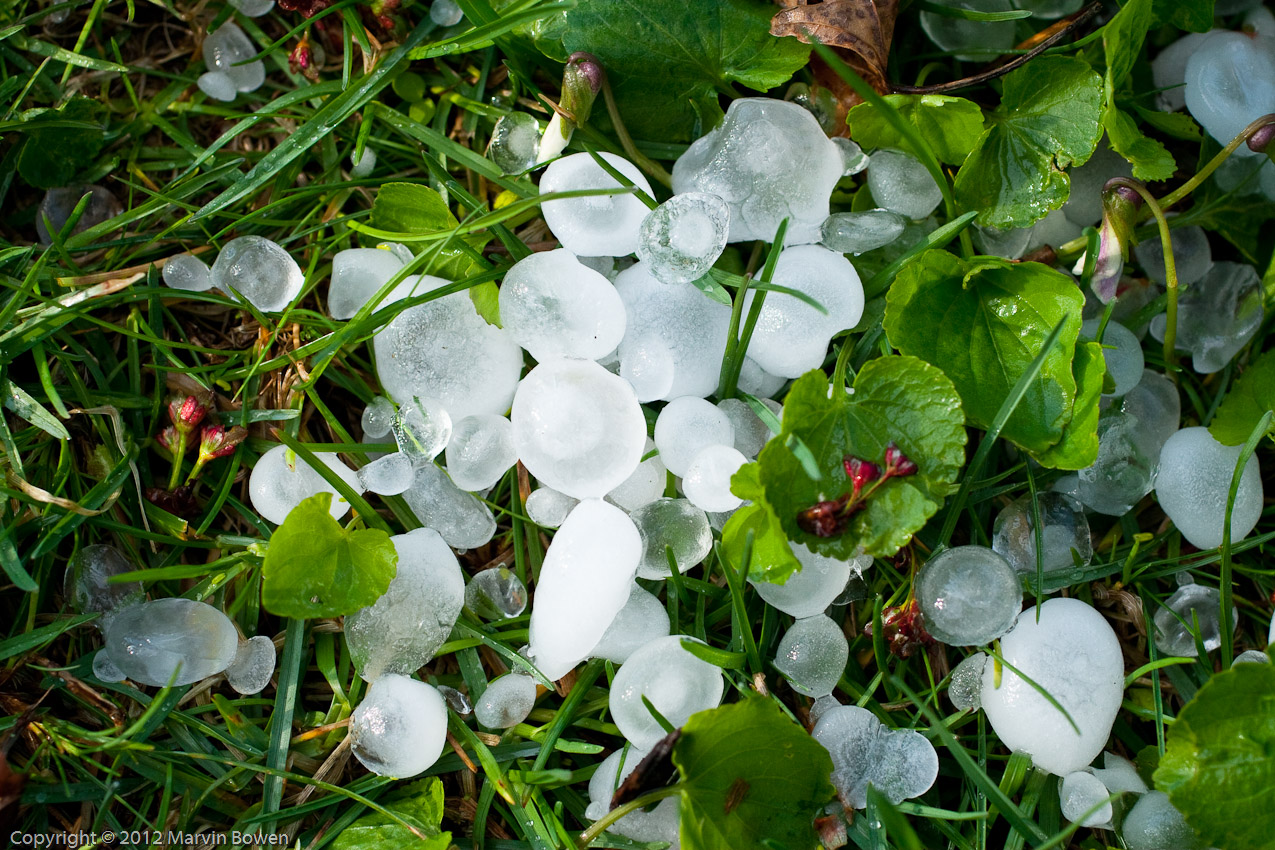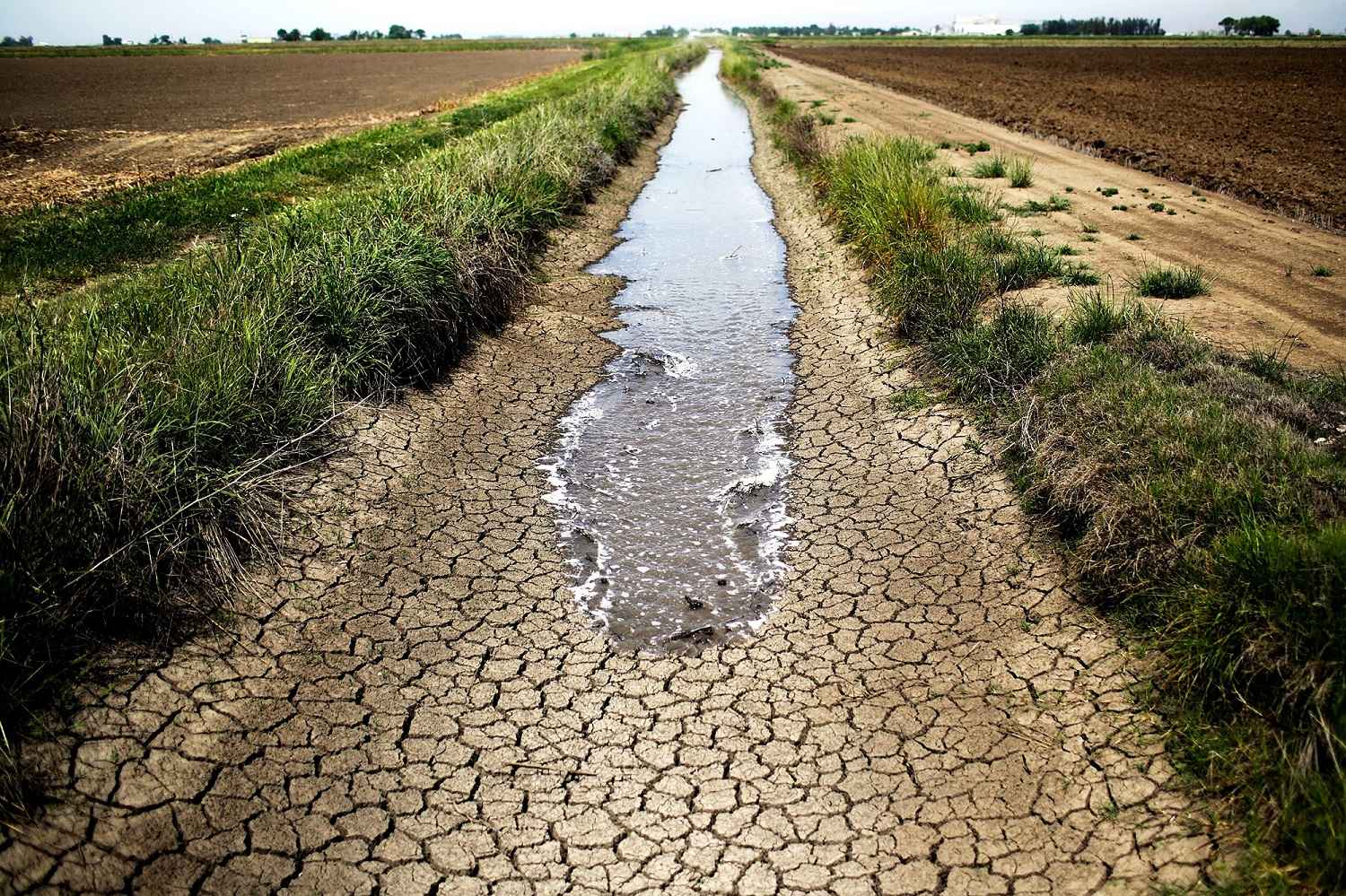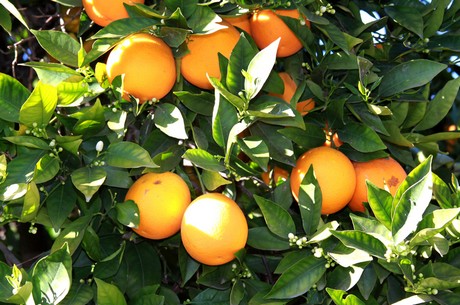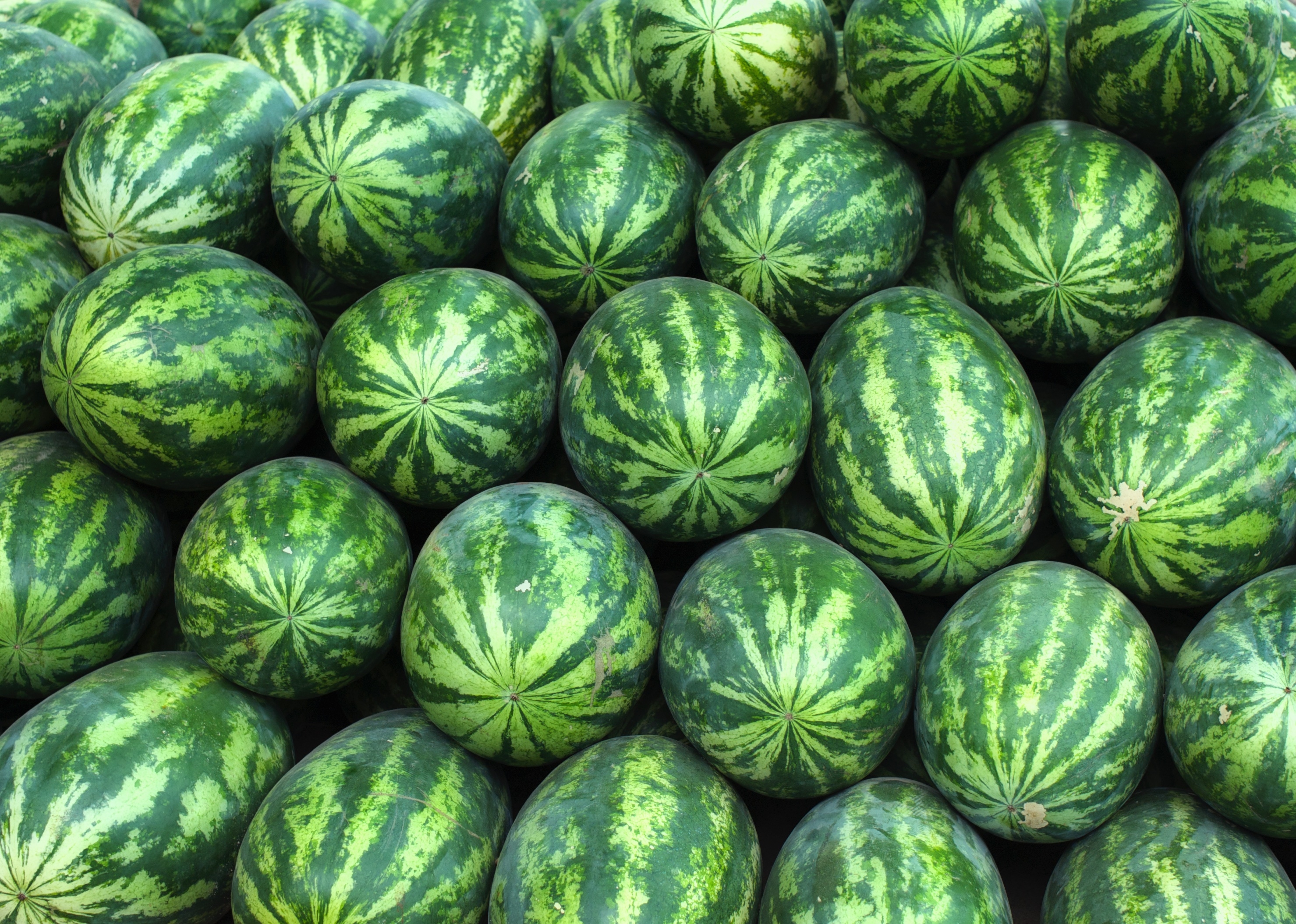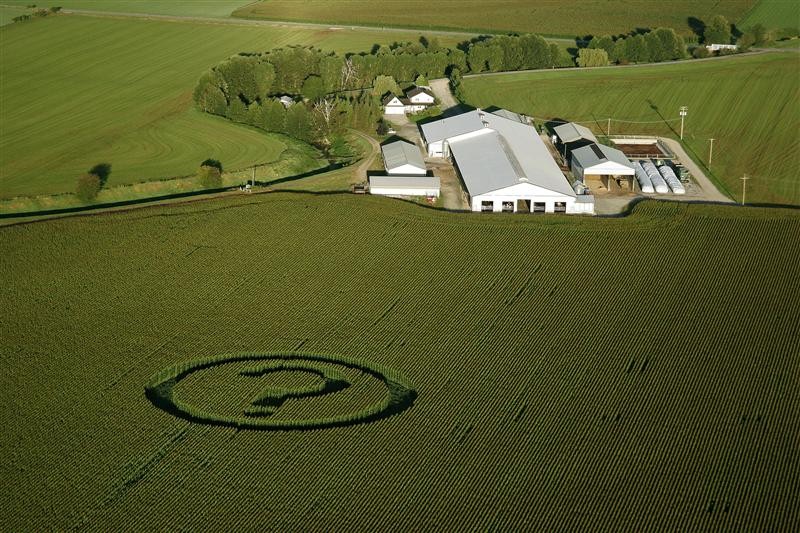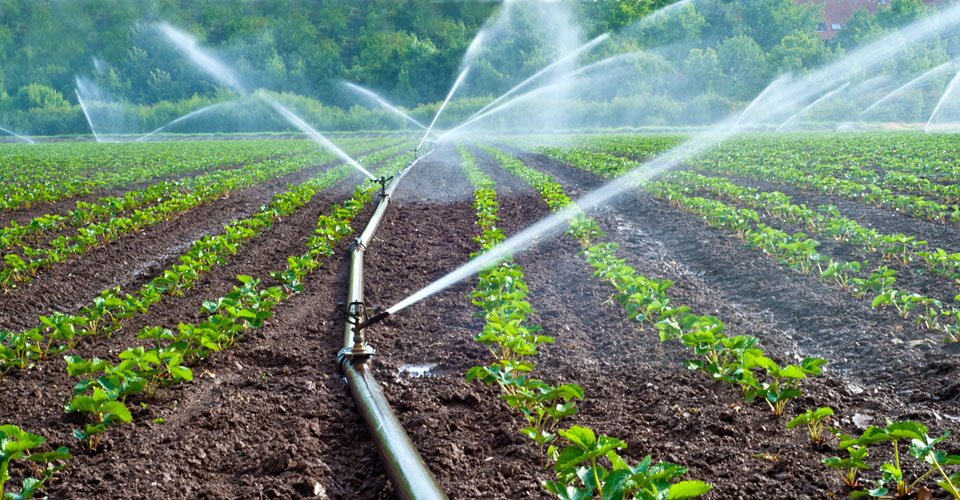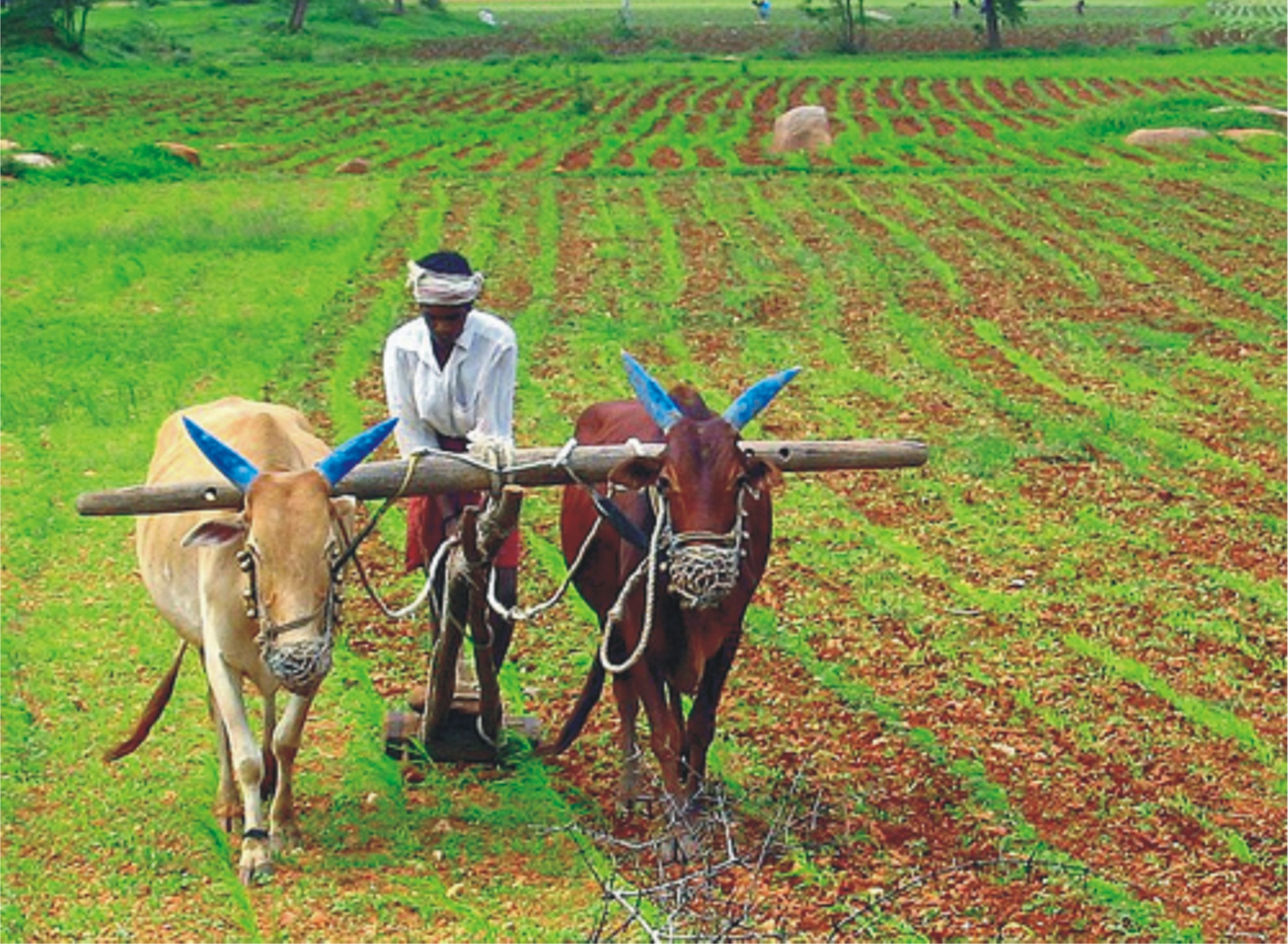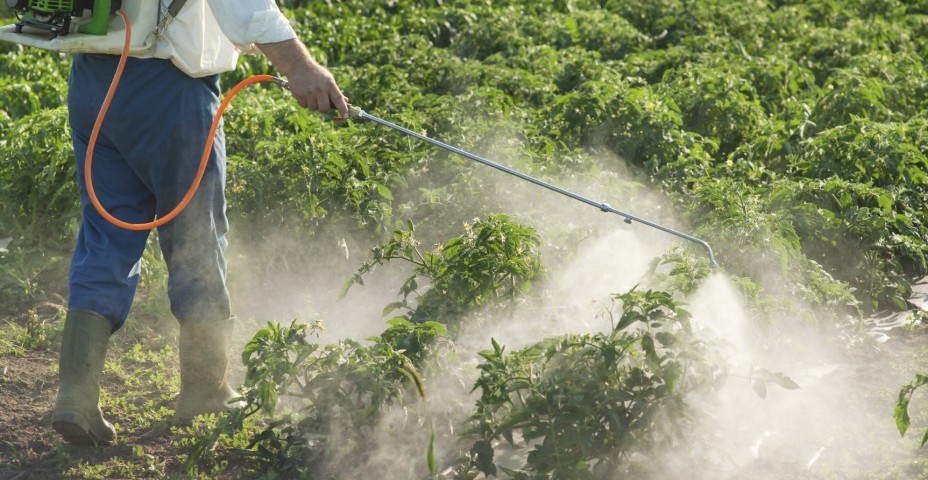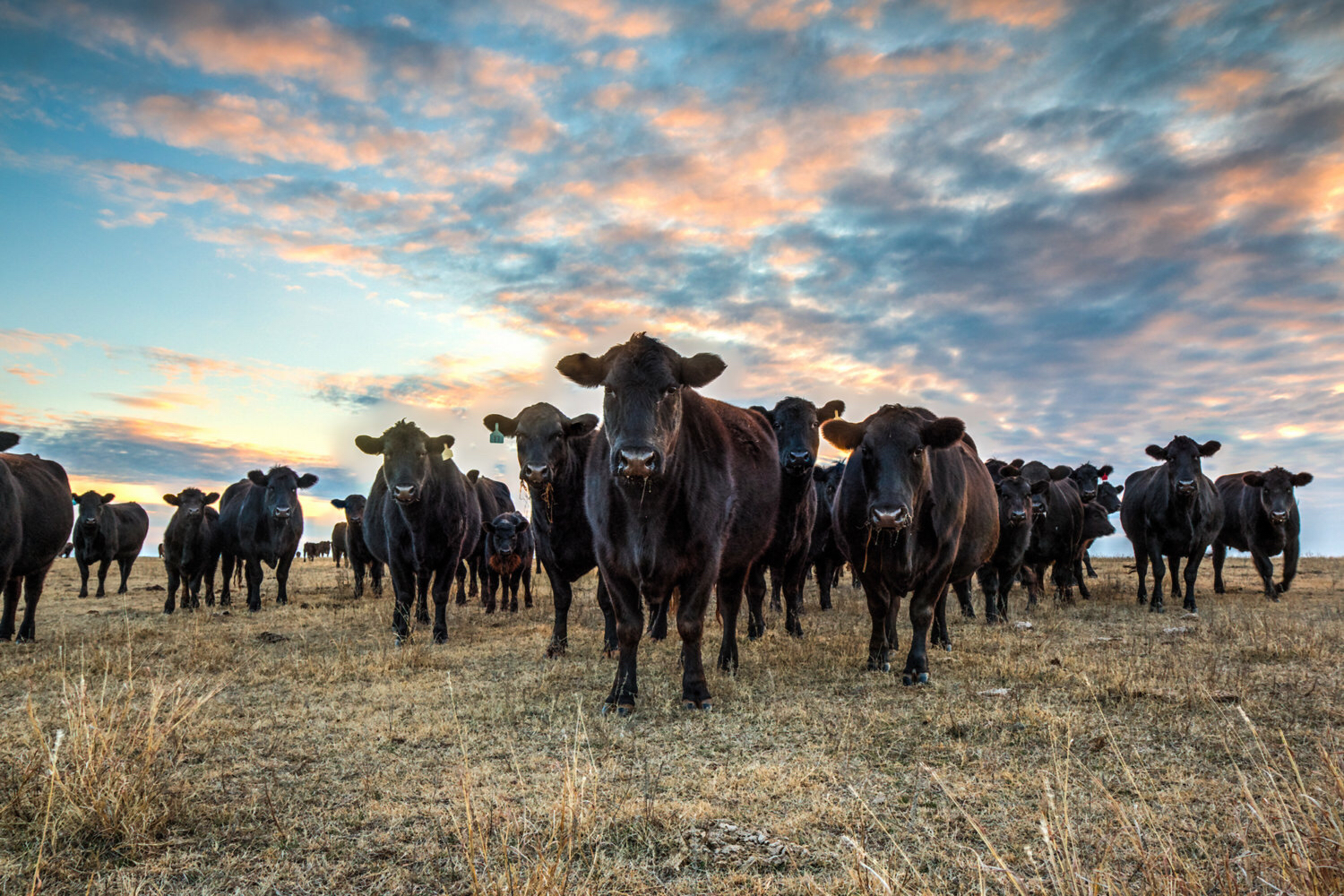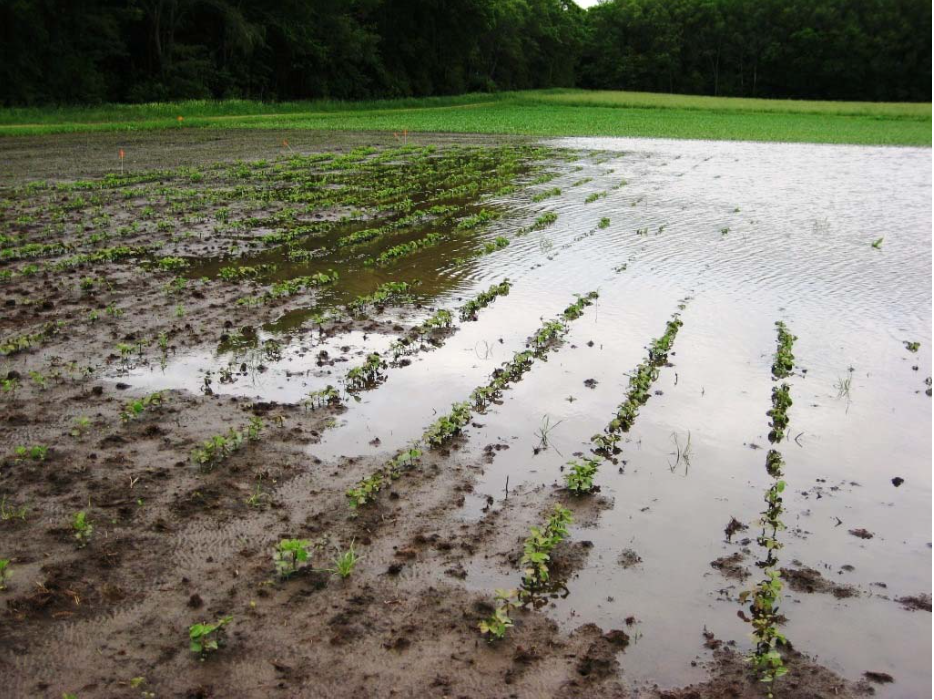USDA predicts 5.4 million bag decline in world coffee production
The United States Department of Agriculture (USDA) forecasts world coffee production for 2019/20 to reach 169.1 million 60-kilogram bags, according to its Coffee: World Markets and Trade report, released in June 2019.
This marks a decline of 5.4 million bags from the previous year. USDA attributes this drop primarily to Brazil’s Arabica trees entering the off-year of the biennial production cycle.
With global consumption forecast at a record 167.9 million bags, USDA expects ending inventories to retreat 2.8 million bags to 33.5 million. The department anticipates world exports dropping 800,000 bags to 116.8 million, as lower exports from Brazil more than offset higher shipments from Indonesia and Vietnam.
Brazil’s Arabica output is forecast to drop 7.2 million bags to 41.0 million. USDA says despite a drop in production, good weather conditions generally prevailed in most coffee growing regions during the blossoming and fruit-forming stages. Crop quality is expected lower than last year because trees in many areas had multiple stages of maturity when the coffee cherries were harvested.
The country’s Robusta harvest is forecasted to reach a record 18.3 million bags, an increase of 1.7 million. Abundant rainfall aided fruit development in the major producing state of Espirito Santo, while good crop management practices supported a steady increase in the state of Rondonia. However, the combined Arabica and Robusta harvest is forecast down 5.5 million bags to 59.3 million. With reduced supplies, bean exports are expected to drop 2.5 million bags to 33.5 million, and ending stocks are forecast to decline 1.0 million bags to 2.9 million. Consumption is expected to continue rising to a record 23.5 million bags.
USDA forecasts Vietnam’s production to add 100,000 bags to last year’s numbers for a record 30.5 million bags. Between January and early April 2019, the main coffee regions in the Central Highlands experienced seasonally dry and sunny weather, and trees were irrigated. The rainy season was slightly delayed, but adequate for good flowering and fruit-set.
USDA says total output for Central America and Mexico is forecast nearly unchanged at 19.1 million bags, as some countries in the region continue to struggle with the coffee rust outbreak that first lowered output in 2013/14.
Gains in Mexico on favourable weather are expected to offset losses in Honduras. El Salvador, Guatemala, and Panama are flat at 650,000 bags, 3.6 million bags, and 100,000 bags, respectively. Nicaragua is forecast 200,000 bags lower to 2.3 million as financial constraints are expected to lead to reduced inputs and yields. Bean exports for the region are forecast to lose 600,000 bags to 15.5 million mainly due to lower exportable supplies in Honduras. More than 45 per cent of the region’s exports are destined for the European Union, followed by about one-third to the United States.
Colombia’s production is forecast flat at 14.3 million bags on normal growing conditions. The Federación Nacional de Cafeteros de Colombia (FNC) estimates that since 2012, about half of the country’s 940,000 hectares of coffee have been renovated, mostly with rust-resistant varieties. This effort raised yields nearly one-third to 18.2 bags per hectare and lowered the average age of coffee trees to seven years from 15.
Indonesia’s production is forecast to gain a modest 100,000 bags to 10.7 million, with the gain split evenly between Arabica and Robusta output. Robusta production is expected to reach 9.5 million bags on favourable growing conditions in the lowland areas of Southern Sumatra and Java, where approximately 75 per cent is grown. Despite heavy rainfall in West Java that delayed its Arabica harvest, USDA expects exports to be up slightly.
EU imports are forecast down 500,000 bags to 48.5 million and account for more than 40 per cent of the world’s coffee bean imports. Top suppliers include Brazil at 29 per cent, Vietnam at 25 per cent, Honduras at eight per cent, and Colombia at six per cent). Ending stocks are expected down 700,000 bags to 13.1 million.
The US imports the second-largest amount of coffee beans and is forecast 400,000 bags higher to 26.5 million. Top suppliers include Brazil at 24 per cent, Colombia at 22 per cent, Vietnam at 15 per cent, and Guatemala at six per cent. Ending stocks are forecast up 200,000 bags to 6.9 million.
Source - http://gcrmag.com


